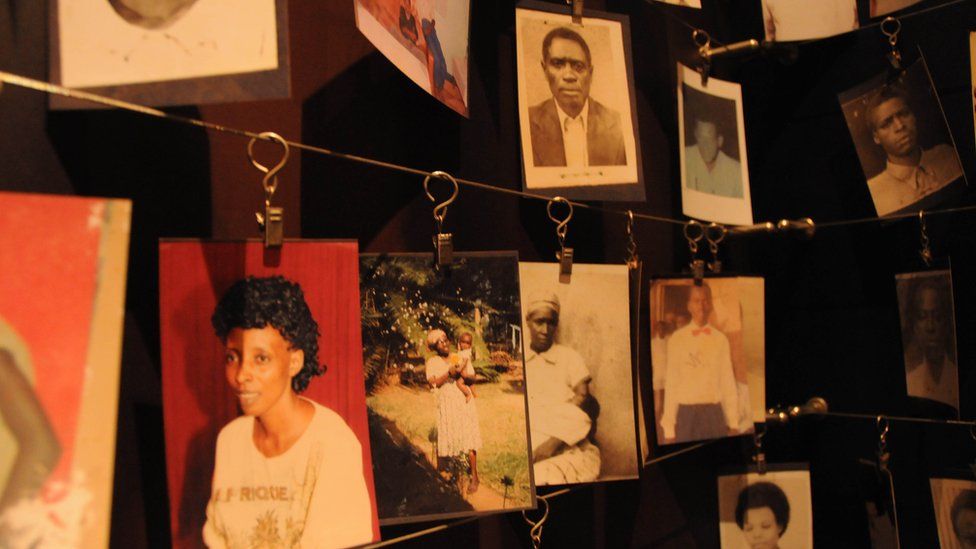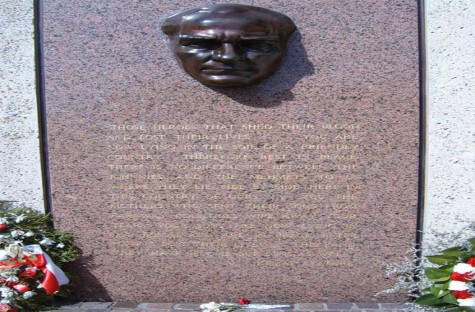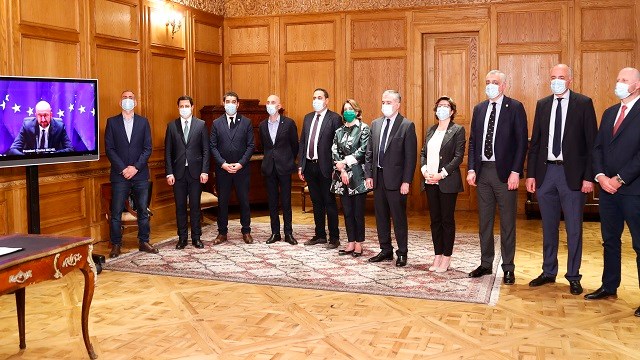In yesterday’s article, we have informed the reader that during his visit to Armenia, French President Nicolas Sarkozy urged Turkey to recognize the Armenian genocide allegations and that if this recognition was not made within the timeframe until April, the draft law foreseeing the punishment of those denying the genocide allegations and being rejected by the French Senate would be addressed again. We had also expressed in our article that the Turkish statesmen raised criticisms to Sarkozy by harsh statements. The French President surely knows that there is no possibility for Turkey to recognize the genocide allegations. Yet, despite this fact, what is the reason for being so persistent and even providing a certain timeframe almost in the form of an ultimatum for this recognition? There is no doubt that Nicolas Sarkozy acts purely out of concern for domestic politics. Presidential elections will be held next April, while Parliamentary elections will be held in June in France. Sarkozy wants to be re-elected as President for the second time, but according to public opinion polls, has not yet gathered the necessary votes for reelection. For this reason, he is trying to increase his support by taking advantage of every opportunity. One of the other problems for Sarkozy is the Armenian demands. The fact that the Socialists won the majority in the Senate following the rejection of the “Denial Law” in the Senate in May has weakened Sarkozy’s position. Now he is attempting to change this condition and to escape the difficult situation he is in due to the “Denial Law”. It could be understood that by calling on Turkey in Yerevan to recognize the genocide allegations within a certain period, he calculated gaining the Armenian hand from the Socialists. While the votes of the Socialists was not enough for the “Denial Law” to be adopted, the possibility for the adoption of this draft became higher as some of the Senators from the ruling UMP Party assumed a more favorable stance towards this law; in other words, a situation has been created where Sarkozy and his Party could accomplish what the Socialists have failed in doing. While cornering the Socialists, Sarkozy has created tensions in his country’s relations with Turkey. However, it could be understood that Sarkozy does not regard this situation as important and acts by calculating that statements such as Turkey cannot become an EU member and must recognize the Armenian genocide allegations, have been acknowledged by a great part of French public opinion and could turn into votes. On the other hand, it could be seen that the French have tried to take some measures to prevent a serious damage in relations with Turkey. It would be correct to consider the visit of French Minister of Interior Clause Gueant to Turkey at a time when Sarkozy was in Yerevan, and signing of an agreement on war against terrorism and simultaneously arrests of some PKK members in France within this framework. Moreover, it is also possible for other gestures to be made, following the presidential and parliamentary elections, which could please Turkey. Regarding this issue, one time the “Süleyman the Magnificent” exhibition being opened in Paris and “Turkey’s Year” being proclaimed recently in France which did not draw much attention are still fresh in our memories. However, it is not possible to eliminate the damage for Turkey caused by the adoption of the “Denial Law” through these kinds of activities which could be described as palliative. Regarding what this damage could be, it is already possible to say that the adoption of a law in France which punishes those denying the Armenian genocide allegations could constitute an example for other countries, the belief will spread that since Turkey has not been able to prevent the adoption of this law in France, then it will also fail in preventing it in other countries, and that this will especially be influential in the US, while on the other hand, that other EU countries trying to stay distant from the Armenian question due to good relations with Turkey could also attempt to follow this path. Furthermore, it should also be considered that with 2015 drawing near, this law, if adopted, will constitute a significant step in favor of the Armenian allegations.
© 2009-2025 Center for Eurasian Studies (AVİM) All Rights Reserved
THE FAIRYTALES OF THE DASHNAK PARTY
 FRANCE AND THE ARMENIAN QUESTION
FRANCE AND THE ARMENIAN QUESTION
 FRANCE FAILS TO ACCEPT ITS RESPONSIBILITY FOR THE RWANDAN GENOCIDE
FRANCE FAILS TO ACCEPT ITS RESPONSIBILITY FOR THE RWANDAN GENOCIDE
 HISTORICAL ARCHIVES OF THE ARMENIAN PATRIARCHATE OF ISTANBUL
HISTORICAL ARCHIVES OF THE ARMENIAN PATRIARCHATE OF ISTANBUL
 GREECE’S “CHERRY-PICKING” POLICY IN INVOKING THE RULES OF INTERNATIONAL LAW
GREECE’S “CHERRY-PICKING” POLICY IN INVOKING THE RULES OF INTERNATIONAL LAW
 THE WATER DIVINER
THE WATER DIVINER
 THE POLITICAL DEADLOCK IN GEORGIA HAS COME TO AN END
THE POLITICAL DEADLOCK IN GEORGIA HAS COME TO AN END




























